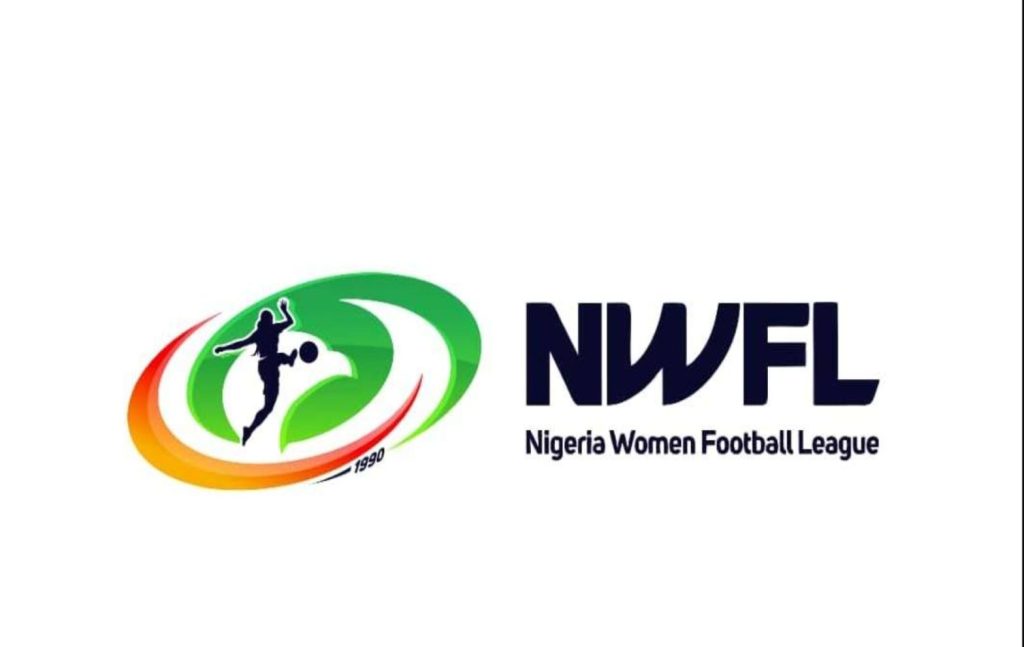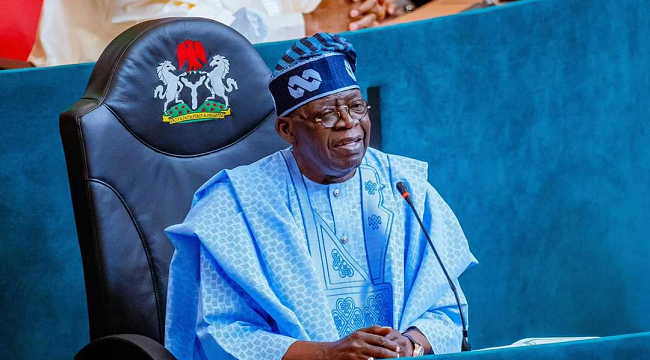A United Nations-backed initiative has enabled over 100 million people worldwide to access digital payments in 2024, accelerating financial inclusion efforts with a strong focus on gender equality. The Better Than Cash Alliance, hosted by the UN Development Programme (UNDP), reported that 82% of its advisory services last year prioritized initiatives designed to empower women through digital financial tools, according to its newly released annual report.
The alliance’s work spans nearly 20 countries and 70 combined policy reforms and major programs. A landmark achievement includes the rapid implementation of Africa’s Digital Trade Protocol under the African Continental Free Trade Area (AfCFTA), finalized within six months of its adoption. The framework establishes shared infrastructure for cross-border e-payments and digital identities, aiming to boost opportunities for women and youth across the continent.
“This isn’t just about technology—it’s about creating pathways to economic independence,” said Lucy Nshuti Mbabazi, Managing Director of the Better Than Cash Alliance. She highlighted Ethiopia’s rollout of 110 million new digital accounts through its first National Digital Payments Strategy, alongside the Philippines’ surge from 1% to 50% digital payment adoption in just over a decade. In Guatemala, targeted interventions helped coffee farmers reduce $6.8 million in annual post-harvest losses previously linked to cash-based transactions.
Partnerships with global institutions yielded broader impacts: the World Health Organization digitized salaries for two million African healthcare workers, while multinational corporations transitioned over one million factory employees—predominantly women—to digital wage systems. Despite these gains, 1.3 billion people globally remain excluded from formal financial systems, with women disproportionately affected by gaps in digital access and smartphone ownership.
Mbabazi emphasized that persistent cash reliance in many communities requires tailored solutions: “When small businesses and women gain secure payment tools, they unlock capital, build skills, and reshape local economies.” The alliance’s approach combines regulatory advocacy with practical support, such as helping governments design inclusive digital ID systems and fraud prevention measures.
Operating across UNDP’s network of 170 countries, the initiative now aims to scale responsible digital payment systems that align with Sustainable Development Goals. Challenges persist in rural areas and conflict zones, where infrastructure gaps and cultural preferences for cash complicate transitions. The full 2024 report details ongoing efforts to address these barriers while preventing digital exclusion risks.
For further details, the Better Than Cash Alliance’s annual findings are accessible through its official portal, with media contacts available for regional implementation inquiries.



![terrorists exchange gunfire with nigerian troops in kogi state Troops, terrorists exchange gunfire in Kogi [VIDEO]](https://mediatalkafrica.com/wp-content/uploads/2026/01/xTerrorists-Exchange-Gunfire-With-Nigerian-Troops-In-Kogi-State-1024x768.jpeg.pagespeed.ic.-0GWWsVqRd.jpg)